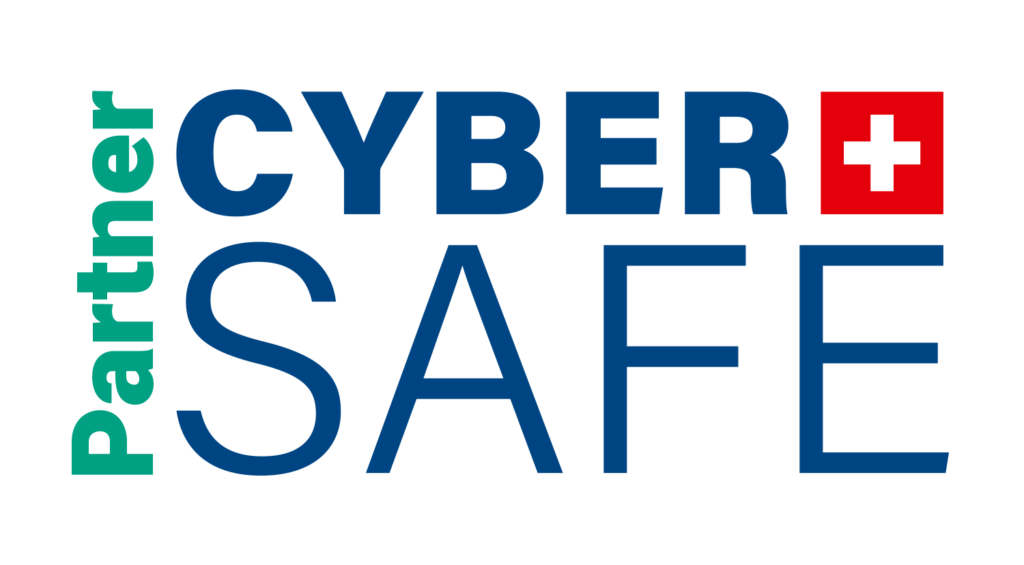Featured Story
Microsoft Warns of Critical Bugs Being Exploited in the Wild

Microsoft released patches addressing 59 security vulnerabilities, including two zero-days (CVE-2023-36033 and CVE-2023-36036) being actively exploited to gain SYSTEM privileges. The details of the live attacks remain undisclosed.
This Patch Tuesday also included a fix for the WebP vulnerability in Edge, remote code execution flaws in Windows cURL, and feature bypass issues in SmartScreen. A critical vulnerability in Windows Pragmatic General Multicast (CVE-2023-36397) was also addressed.
Additionally, Adobe patched 72 vulnerabilities across Acrobat, Reader, and ColdFusion, including multiple code execution issues affecting both Windows and macOS platforms.
Although exploitation details are limited, Microsoft has confirmed in-the-wild abuse of two critical vulnerabilities. Adobe’s patches, while not linked to active exploits, fix serious security flaws. Organizations should prioritize deployment of all patches to mitigate potential threats.
The Approach SOC team is available to support your vulnerability management and response planning.
Other Stories
Critical Flaw Fixed in SAP Business One Product
SAP released new security notes in November, including a fix for CVE-2023-31403, a critical improper access control flaw in SAP Business One with a CVSS score of 9.6. The issue allows anonymous read/write access to the SMB shared folder.
Updated notes also address medium-severity vulnerabilities in NetWeaver AS ABAP and Java, and a critical flaw in CommonCryptoLib. SAP recommends customers apply all updates promptly to mitigate risks.
Even though no exploits are currently reported, patches should be applied immediately. A hotfix is available for Business One version 10.0 SP 2308. Users on older support packages should update accordingly.
Contact our SOC for help with patching and vulnerability lifecycle support.
ICS Patch Tuesday: 90 Vulnerabilities Addressed by Siemens and Schneider Electric
Siemens and Schneider Electric issued advisories covering nearly 90 vulnerabilities in November. Siemens patched critical flaws in Scalance routers, Simatic, Siprotec, Desigo CC, and Simcenter Femap. Schneider Electric fixed critical and medium-severity issues in EcoStruxure, PowerLogic, and Galaxy UPS.
These vulnerabilities can lead to RCE, DoS, privilege escalation, or unauthorized access.
Some Siemens products remain unpatched, requiring alternative risk mitigation. It’s essential to prioritize patches for supported systems and monitor for signs of compromise.
Need help? Contact our SOC to support your ICS risk management.
PyPI Packages Found to Expose Thousands of Secrets
GitGuardian and researcher Tom Forbes discovered nearly 4,000 hardcoded secrets in 3,000+ PyPI packages. Over 760 credentials were confirmed valid, affecting services like AWS, GitHub, MongoDB, and Azure. Many secrets appeared in readme files, JSON configs, and test folders.
Use secret management tools like dotenv or cloud-based key managers. Scan your repositories with ggshield and use pre-commit hooks to catch leaks before deployment.
Safeonweb to Become Big Sister!
The Centre for Cybersecurity Belgium has launched Safeonweb @ work, a platform offering cyber alerts, templates, and self-assessment tools to help Belgian companies improve resilience. The platform launched with a communication campaign on November 14.
Organizations can register to receive direct alerts and personalized security guidance. Nearly 1 in 4 Belgian firms have faced IT incidents — this initiative is a timely resource.
If your organization operates in Belgium, sign up for Safeonweb@work to gain early access to alerts and threat insights that could directly affect your infrastructure. It ensures you’re reached quickly if issues are detected.






